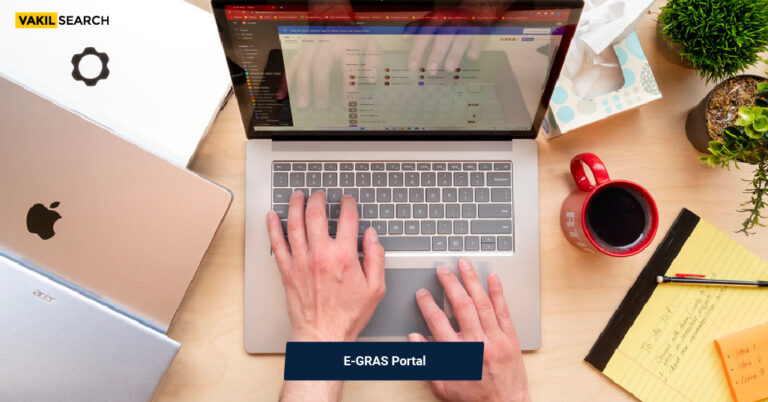A trial balance is a vital accounting tool that ensures financial accuracy by verifying ledger balances. It's crucial for error detection and fraud prevention.
Overview
A trial balance serves as a bookkeeping tool wherein ledger balances are consolidated into total debit and credit columns that balance out. Companies typically create a trial balance periodically, usually at the conclusion of each reporting period. Its primary purpose is to verify the accuracy of entries in the company’s accounting system from a mathematical standpoint.
The term ‘trial balance’ derives from its role in testing a fundamental aspect of an organisation’s financial records but does not constitute a comprehensive audit. In fact, a trial balance often initiates the audit process as it enables auditors to confirm the absence of mathematical errors in the accounting system before proceeding to more intricate and exhaustive examinations.
Purpose of Trial Balance
Creating a trial balance in a company helps identify potential mathematical errors within the double entry accounting system. If the total debits align with the total credits, the worksheet is deemed balanced, suggesting no immediate errors in the ledgers. Nevertheless, this balance doesn’t guarantee the absence of errors in the company’s accounting system. Errors like misclassified transactions or omitted entries may still constitute significant accounting mistakes that wouldn’t be uncovered by the trial balance process.
What Is in Trial Balance: Components?
At the outset, businesses document their transactions in online bookkeeping accounts within the general ledger. Depending on the nature of these transactions, these ledger accounts may have been either debited or credited during a particular accounting period before their inclusion in a worksheet. Moreover, certain accounts could have been utilised to record multiple business transactions. Consequently, the concluding balance for each ledger account, as presented in the worksheet, represents the cumulative sum of all debits and credits entered into that account, encompassing all relevant business transactions.
Importance of Maintaining Balance in Trial Balance
Accuracy of Financial Statements: A trial balance serves as the foundation for preparing financial statements, such as the income statement and balance sheet. If it doesn’t balance, it indicates errors in the accounting records, potentially leading to inaccurate financial statements.
Error Detection: When the report doesn’t balance, it’s a clear indication that there are errors in the ledger accounts. This prompts accountants to investigate and rectify these errors before finalising financial reports.
Fraud Prevention: Imbalances can be a sign of fraudulent activities like misappropriation of funds. Detecting and correcting imbalances can help uncover such misconduct.
Compliance: Properly balanced reports are essential for regulatory compliance and auditing. Auditors rely on balanced trial balances as a starting point to ensure the accuracy and integrity of financial records.
Decision-Making: Accurate financial information is crucial for making informed business decisions. A balanced worksheet ensures that the financial data used for decision-making is reliable.
Reconciliation: A balanced trial balance simplifies the process of reconciling discrepancies between accounting records and bank statements, which is essential for cash management and fraud prevention.
Historical Record: Maintaining balanced worksheets over time creates a historical record of financial transactions, helping businesses track their financial performance and trends.
Conclusion
In the world of accounting, the trial balance is a cornerstone. Its balanced state guarantees accurate financial records and reliable reporting. By identifying errors, preventing fraud, and facilitating compliance, it safeguards the financial health of businesses. Creating it involves summarising ledger accounts, and when it doesn’t balance, accountants must diligently trace and rectify discrepancies. In conclusion, a well-maintained trial balance not only signifies financial precision but also serves as a critical tool in the broader landscape of financial management and decision-making, ensuring that businesses stay on the right financial track. For flawless expertise in Accounting and bookkeeping , get in touch with our experts and resolve all your queries.
Read more,









